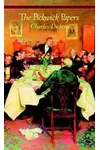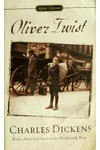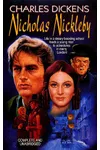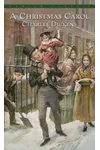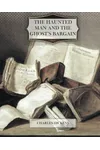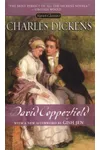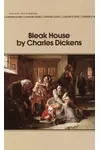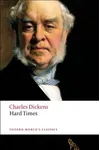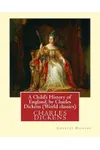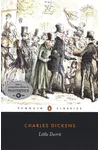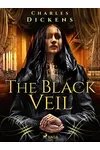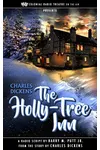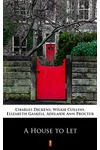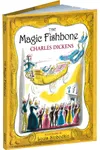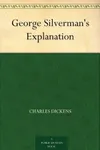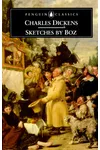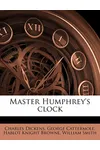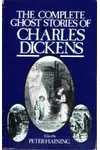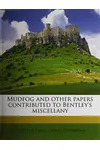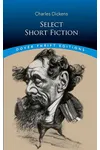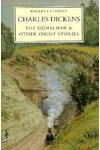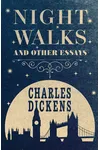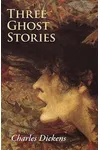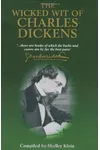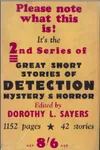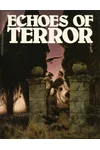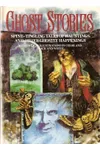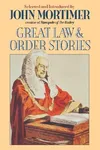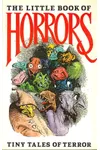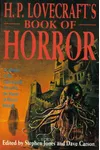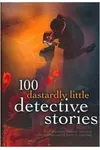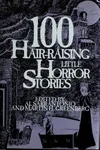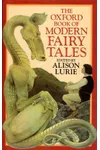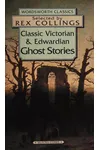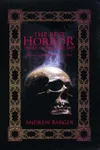Picture a Victorian storyteller whose tales of orphans, ghosts, and gritty London streets still captivate us—meet Charles Dickens! Born in 1812, this English novelist spun stories like Oliver Twist and A Christmas Carol that blend heart, humor, and sharp social critique, making him a literary giant whose works feel as fresh today as they did then.
From humble beginnings to global fame, Dickens’s life was as dramatic as his novels. His vivid characters and unflinching look at 19th-century society earned him a lasting place in literature. Let’s dive into the world of this master storyteller!
The Making of Charles Dickens
Charles Dickens was born on February 7, 1812, in Portsmouth, England, into a family teetering on the edge of poverty. When his father was imprisoned for debt, 12-year-old Charles worked in a factory, an experience that shaped his empathy for the downtrodden. Largely self-educated, he devoured books and began his career as a journalist, writing under the pen name 'Boz.' His early sketches of London life caught readers’ attention, launching his path to fiction.
By his 20s, Dickens was a rising star. His first novel, The Pickwick Papers, serialized in 1836, was a hit, blending comedy with keen observations of human nature. This innovative serial format—releasing stories in installments—hooked readers and set the stage for his prolific career.
Charles Dickens’s Unforgettable Stories
Dickens’s novels are a vibrant tapestry of Victorian life, filled with unforgettable characters and sharp social commentary. Oliver Twist (1837–1839) follows an orphan navigating a cruel world, exposing the harsh realities of poverty and crime. Its gritty realism and memorable figures like Fagin and the Artful Dodger made it an instant classic.
A Christmas Carol (1843), perhaps his most beloved work, tells the tale of miserly Ebenezer Scrooge’s transformation through ghostly visits. This heartwarming novella, rich with themes of redemption and generosity, helped shape modern Christmas traditions. Great Expectations (1860–1861) traces Pip’s journey from a poor boy to a gentleman, weaving love, ambition, and betrayal into a timeless coming-of-age story.
Dickens’s style is a dazzling mix of humor, pathos, and vivid imagery. His sprawling casts—think quirky Miss Havisham or earnest David Copperfield—leap off the page, while his focus on social issues like child labor and class divides gives his work enduring relevance. Serialization kept readers clamoring for more, turning his novels into cultural events.
Why Charles Dickens Matters
Dickens didn’t just write stories; he changed how we see the world. His novels shone a spotlight on Victorian England’s injustices, influencing reforms in education and labor laws. His ability to craft universal stories of hope and struggle resonates across generations, inspiring countless adaptations in film, theater, and TV.
Today, Dickens remains a literary titan, his works studied, performed, and cherished worldwide. His storytelling magic—blending wit, heart, and social insight—continues to captivate readers, proving that a great story never goes out of style.
About Charles Dickens
- Born: February 7, 1812, in Portsmouth, England
- Key Works: Oliver Twist, A Christmas Carol, Great Expectations, David Copperfield
- Notable Fact: Dickens’s public readings of his works were wildly popular, drawing huge crowds.
- Died: June 9, 1870
Ready to step into Dickens’s world? Snag A Christmas Carol or Great Expectations and lose yourself in his vibrant Victorian tales!
